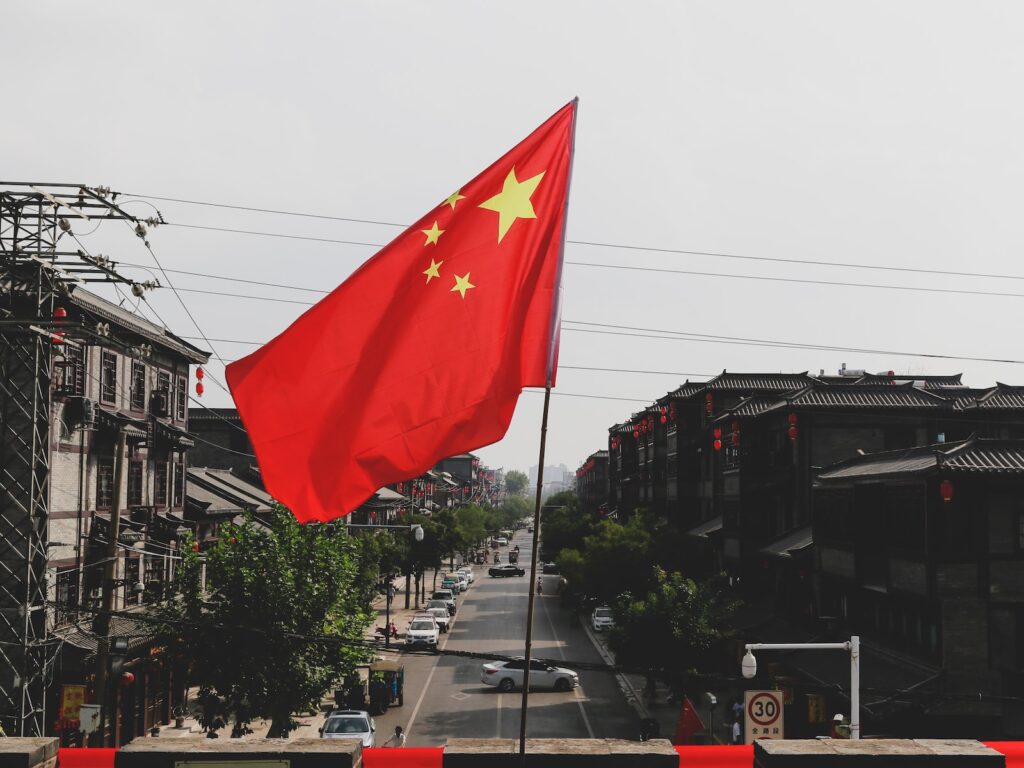“Xi Jinping Holds the Keys to Avoiding Japan’s Destiny: It’s Time to Utilize Them”
“Since the burst of China’s real estate bubble,” Richard Koo of the Nomura Research Institute remarked in a recent seminar, “I have been flooded with inquiries from Chinese media, economists, investors, and occasionally, policymakers, questioning, ‘Is China heading down the path of Japan?’”
Koo is an apt individual to consult on this matter, having spent his career analyzing the fallout of financial imprudence. In 1991, as the U.S. economy struggled to rebound post the first Gulf war, Edward Frydl, Koo’s then superior at the New York Federal Reserve, expressed apprehensions about a surplus of debt and commercial assets. This, Frydl suggested, was “nurturing a widespread financial and economic caution among businesses and consumers.” The subdued demand for credit was attributed to companies “focusing on restructuring their balance sheets.” Frydl introduced the term “balance-sheet recession” to characterize these dynamics.
Koo subsequently discerned that Japan was grappling with similar, albeit more severe, financial overhangs. Post the 1989 stock market bubble burst, Japan witnessed a 60% plunge in share prices within three years and a prolonged decline in Tokyo’s property prices. Deflation lingered, impacting even the value of golf-club memberships, which plummeted by 94%. Numerous companies, having borrowed to invest in property or shares, found themselves technically insolvent but remained liquid, prioritizing debt minimization over profit maximization, as Koo observed.
In a robust economy, corporations utilize funds from households and savers to expand. However, post-bubble Japan exhibited a shift as the corporate sector repaid debts and amassed financial claims, transitioning from a financial deficit to a persistent surplus. This shift stifled economic demand and entrepreneurial spirit, leading to a deflationary period.
So, is China on a similar trajectory as Japan? Chinese enterprises have amassed more debt relative to GDP than Japan did during its bubble era. China’s property prices are declining, affecting household and property firm balance sheets. Despite interest rate cuts, credit growth has slowed, and China’s corporate financial deficit has narrowed. In Koo’s view, China is already experiencing a balance-sheet recession. With a declining population and tensions with the U.S., the outlook appears bleak, with Japan possibly representing a best-case scenario.
However, a closer examination reveals nuances. Much of the corporate debt in China is held by state-owned enterprises, supported by state-owned banks, ensuring continued borrowing and spending as mandated by policymakers. Among private enterprises, property developers hold a significant portion of the debt. Despite reducing liabilities and investment in new projects, even financially stable developers are adopting conservative strategies due to falling property prices and sluggish sales.
The conclusion of China’s property boom has impacted household wealth, presumably leading to conservative spending. Households have been repaying mortgages early, contributing to the slowdown in credit growth. However, household debts remain low relative to assets, and mortgage prepayments are a rational response to fluctuating interest rates, not indicative of financial stress.
The shift in corporate behavior in China, moving towards a financial surplus, is primarily attributed to the crackdown on shadow banks, as noted by Xiaoqing Pi and colleagues at Bank of America. Excluding financial institutions, the corporate sector continues to seek funds from the economy. Chinese businesses have not transitioned from profit maximization to debt minimization, a shift that led to Japan’s deflationary decade.
These distinctions indicate that China is not yet experiencing a recession comparable to Japan’s. Koo emphasizes a significant difference between the two nations. When Japan entered a balance-sheet recession, there was no clear understanding or solution for the issue. Presently, numerous Chinese economists are exploring Koo’s theories.
Koo’s recommended approach is clear. If the private sector is unwilling to borrow and spend, even with low interest rates, the government must step in. Fiscal deficits should counterbalance the financial surpluses of the private sector until balance sheets are restored. If advised correctly, Xi Jinping, China’s leader, could address the issue promptly, as Koo humorously suggested.
Regrettably, Chinese authorities have been hesitant to respond. The country’s budget deficit, including various forms of local-government borrowing, has tightened, exacerbating the downturn. The central government has the capacity to borrow more but appears reluctant, opting for caution. This hesitancy could prove costly, as delayed government spending may necessitate increased expenditure later. It is paradoxical that China risks entering a prolonged recession not due to the private sector’s financial prudence, but because of the central government’s unwillingness to leverage its balance sheet.

